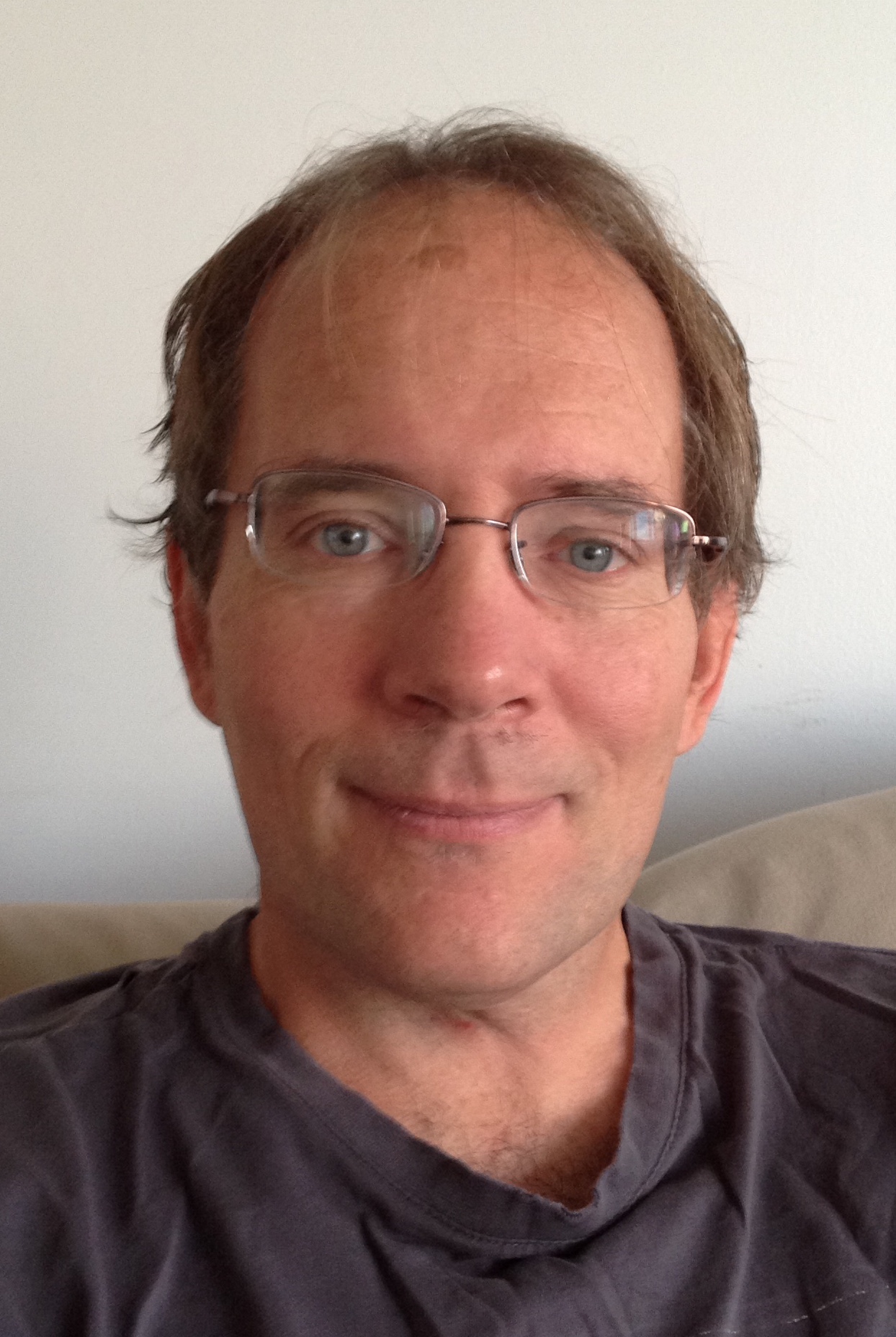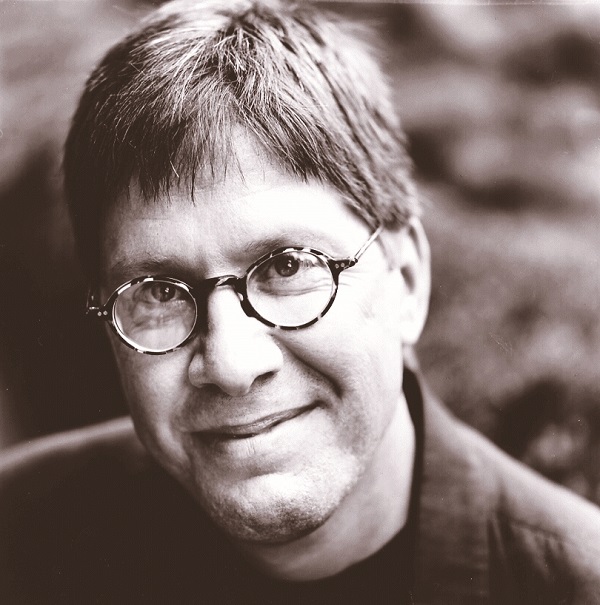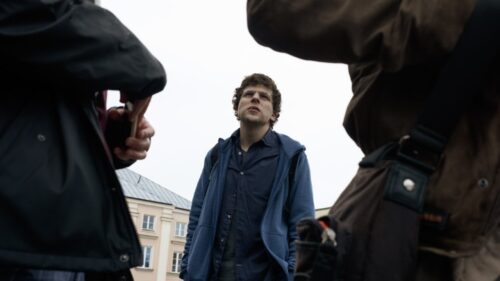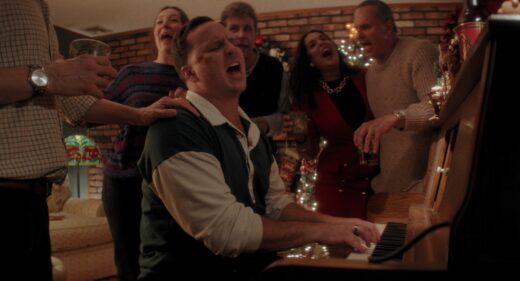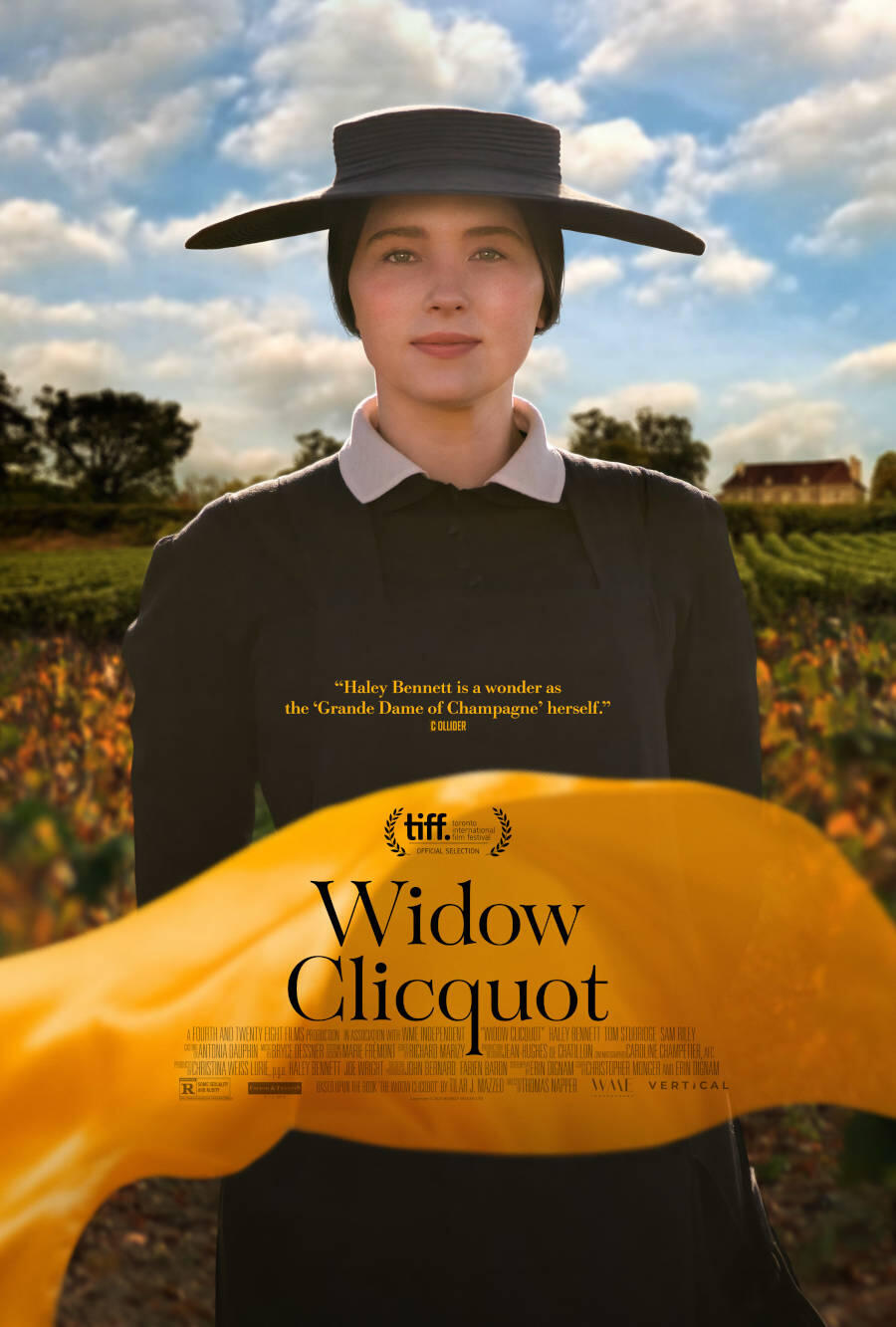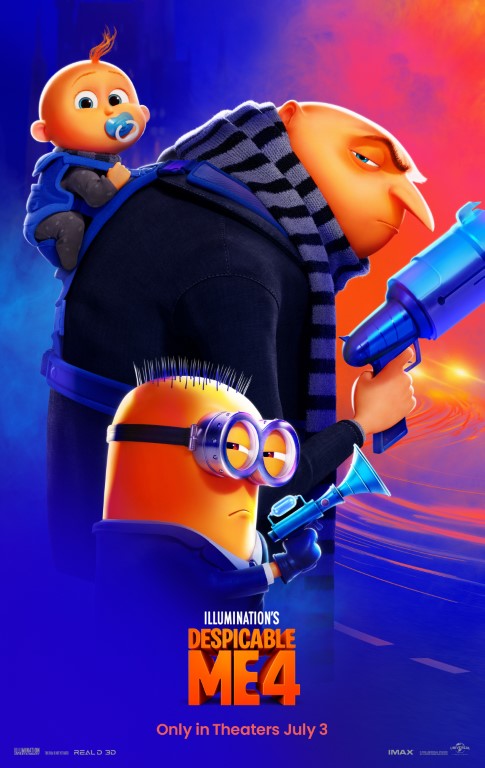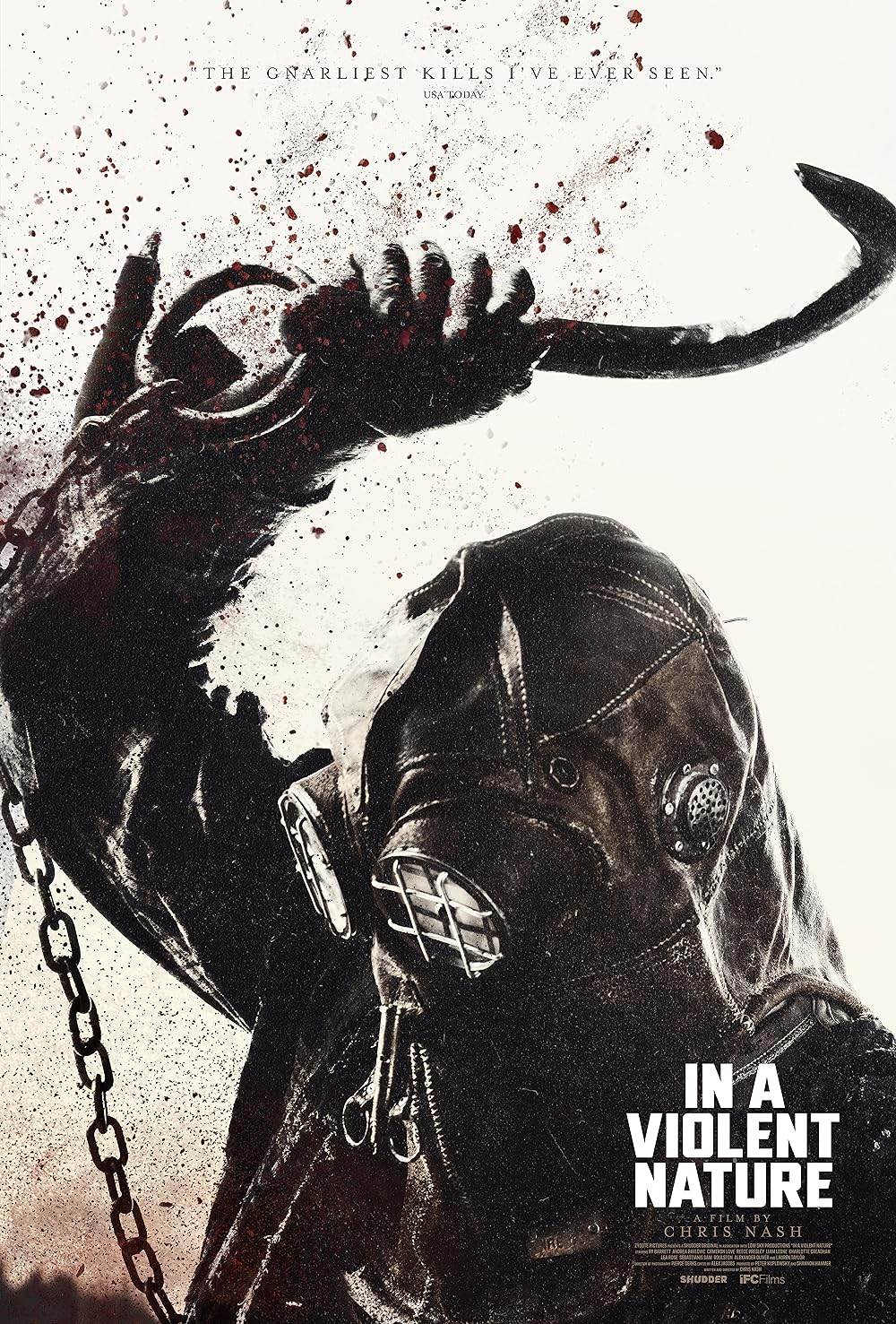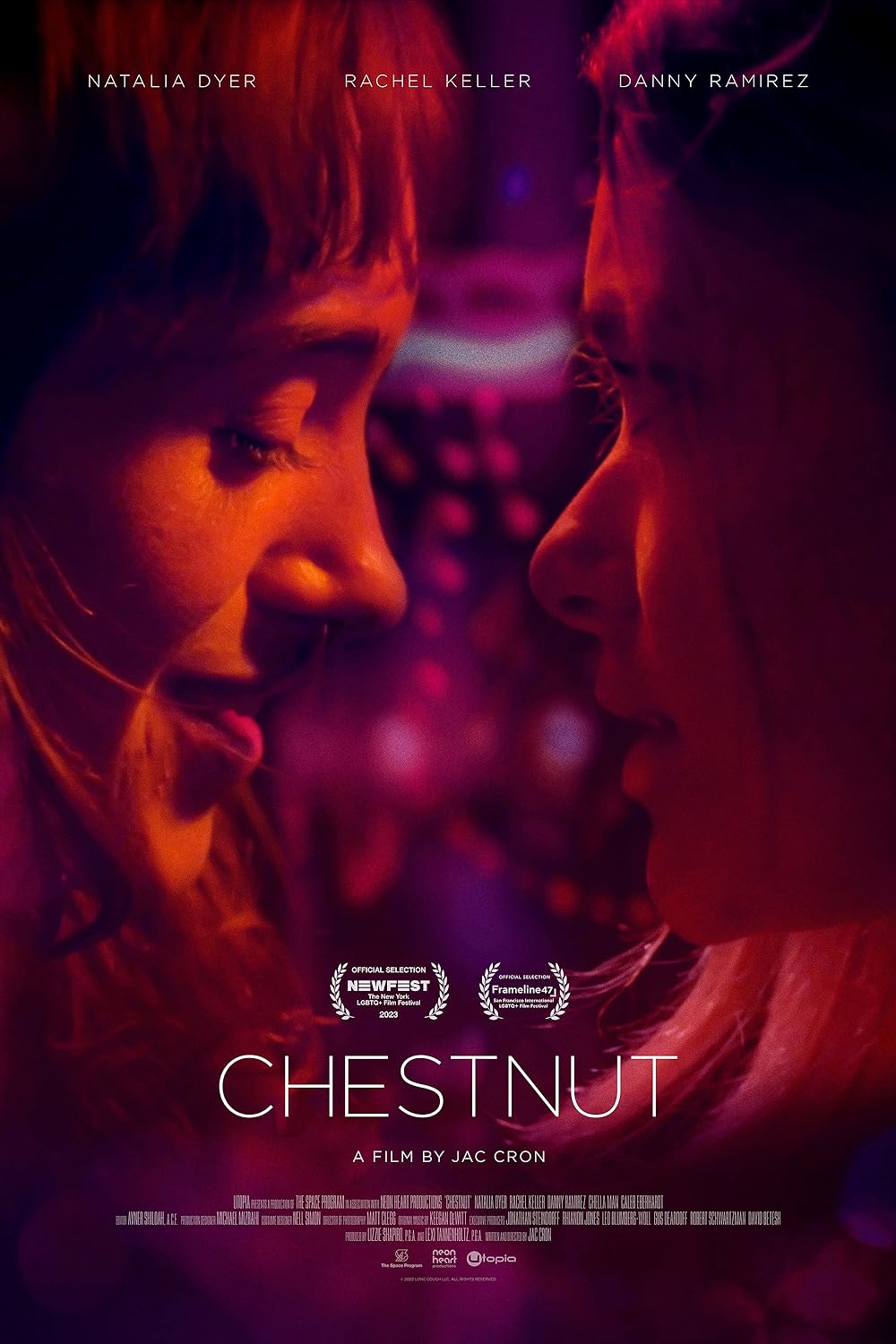The Milwaukee-based cultural journalist and author Patrick McGilligan has published biographies on semifinal figures of film, from Alfred Hitchcock and Fritz Lang to James Cagney and Jack Nicholson. None of his books caused the professional and personal uproar of his contentious and highly critical "Clint," a searing meditation on the art, meaning and personal life of actor and filmmaker Clint Eastwood.
Subtitled "The Life and Legend," the deeply unflattering book cast Eastwood as a compulsive womanizer and sexual predator who fathered multiple children out of wedlock, a thin-skinned backstabber who terminated friendships and professional relationships against anybody who stood up to his authority and a litigious control freak
McGilligan interviewed Eastwood once, in 1972. He spent more than four years researching, reporting and writing the book. The original 1997 publication date was delayed more than five years after the first two houses cancelled the publishing contract. McGilligan persevered, publishing the work originally in 1999 in the UK with an imprint of HarperCollins. In the spring of 2002, St. Martin's Press published the work. That Christmas Eastwood sued McGilligan and the publisher, effectively removing the book from the marketplace.
This month, the boutique New York house Or Books is issuing a revised and updated version of the book that examines Eastwood's life and art since the original publication.. McGilligan, who teaches film at Marquette University, has subsequently published books on Hitchcock, the pioneering black filmmaker Oscar Micheaux and Nicholas Ray. His new book, "Young Orson," about Orson Welles before he made "Citizen Kane," is coming out this November. In an interview, McGilligan talked about Clint Eastwood, Orson Welles, sex, politics and the art of the film biography.

After everything you went through, the cancelled contracts, the delays, the lawsuit, what compelled you to come back to this material for this revised edition of your Eastwood book?
It's a great book, a foundational book about Clint. It was reporting things at the time that now are taken for granted. I don't mean to sound boastful about it, though a lot of what came after my book, critics and scholars [started] to adjust their thinking. Since the book came out, Clint's made a lot of major films, some are departures and some are very consistent with everything he's ever done. He's made major political statements, his appearance at the Republican National Convention, the upheaval in his private life, and also the political controversy over "American Sniper."
I was always very proud of the book. I wrote the book with great enthusiasm. It is still the best single-volume introduction to his life and career. The material just fascinates you. One of the reasons [Clint] sued me obviously was an attempt to find out my sources. Because of the suit, the [original] American release never got wide distribution because the publisher held out and it only had a limited printing. We did very well in the lawsuit, and we sold several editions, down to the last copy in the UK. We sold it in France, and it did very well there and received some very prominent reviews.
How was the lawsuit resolved?
The suit was settled without any public disclosure, which if you read my book is one of the ways in which Clint conducts his legal affairs—keeping the results out of the public eye. I am not allowed to say we won or lost, but we admitted no wrongdoing, and there was no penalty. I agreed to take out or rewrite about a dozen points of contention in any future editions. The edition that was sued was allowed to be sold until it was sold out. The new edition has those sections deleted or revised according to agreement.
I retained the U.S. rights after the suit was settled. I'm a big supporter of my books. I saw what was happening with Clint. I went to various publishers, and I said there was great commercial value there. John Oakes, the editor of Or Books, in New York, told me they didn't do this sort of thing. This was before "American Sniper" came out. Once "American Sniper" came out and there was all of this controversy, [Oakes] contacted me back and said he was annoyed by Eastwood's bullying, he said he wanted to bring the book out.
[Oakes] said, "This is a left-wing house," and I said, "This is a left-wing book." Clint is a right-wing subject. Some have argued he's iconoclastic, or he is a libertarian, but for me, you can't approach him factually unless you [concede that] about him politically. He supported Reagan, Nixon, all of the Bushes, and for people to argue he's not right-wing, I just wonder, what planet are you on. This is an auteurist book, and his politics—his sexual politics, everything—have always been reflected in his work. I write auteurist books, about directors and actors, and [examine] their personalities and values and see how it transfers into the films.
Eastwood has made some very interesting—and also very problematic—films since the original version was published. It must have been interesting to reconsider your critical appraisal, which is quite harsh in some respects.
I had already updated the book for the editions in Spain and France. When I'm updating a book, I look at what everybody else has written, but nothing really changes or alters my point of view. The journalism is pretty controlled on a movie like "Mystic River." Dennis Lehane is not going to disparage the film for your behalf. Clint is incapable of making a film that is outside of himself. For me, he's at his most interesting when it is as far a departure as possible, like "Letters from Iwo Jima," or "White Hunter, Black Heart." I think he's at his best when he's not in the movie. He's best as a moviemaker when he goes outside and tries to do something different and audacious as far as commercial Hollywood terms. Most of this I thought through. I didn't want to go back and trod over the same ground.
At the time of the original American hardcover release, you called the book as a critique of a certain kind of male critical adoration of Eastwood. That seems even more relevant today.
Some of the favorable reviews said that and [read the biography] as a critical look at Hollywood and America and a certain image. The fascinating part with Clint is he represents both the actor as auteur, with this vast body of work, and Clint the director as auteur. They complement and overlap and at times they are very separate. It represents a very rich source of investigation and discussion. There is a great number of people who idolize him to the point they are blind.
[Eastwood] fosters values that I don't really endorse. You see the culmination of this with "American Sniper." [New York Times' columnist] Gail Collins talks above all, a man's gotta have his gun regardless of how many innocents are killed. I like "Dirty Harry," but politically and what it's meant culturally, it is much more unsettling, because it's about a willingness to do whatever is necessary to get what we want, whether it's the heroic American saving us from the horrors of Iraq or sneering at the black bank robber about how many bullets I've shot.
Pauline Kael called me up after she read the Clint book.. I knew friends of hers, like Michael Sragow and I have [quoted] her work in my other books, like my Altman book. She said, "I don't like what you said about me in some of your other books, but I love what you said about Clint. I recognize that kind of person from California. He is tall, strong, and handsome and always reaches for his gun." On a fundamental level, it is fraudulent and not very believable. All of this gun violence that has followed in Hollywood films and it has formed our culture. Police can shoot black men in the back and we debate how did this happen. That Pandora's box was opened a long time ago. Clint's a towering figure in our culture, for his accomplishments, for being both a successful and popular figure, but he is also very emblematic of what's wrong with Hollywood. I don't really like macho, heroic image in anyone. In his films, it is played for cheap advantage and the deck is always is stacked. He is somebody who always accelerates the violence, but is still portrayed at the end as the hero of the story.
How do you decide on your subjects? It is interesting to see how you balance iconic figures like Cagney, Jack Nicholson and Hitchcock with somebody like the great pioneering black director Oscar Micheaux.
I am very open minded and I have a lot of different interests. I have names on a list. It also details various mediation and discussions with my editors, and they have ideas. For me, it has always been the job, and I have to have interest in the job, because it is usually three or four years of your life. Hitchcock made 53 films, so you're stuck with a really good, long book. I don't even write long proposals. For the Welles' book, I just wrote, "Orson Welles before ‘Citizen Kane,' and it ends the first time he says cut." He's a magic name. Imagine proposing a book about Orson Welles before "Citizen Kane." You have to be convinced of an instinct, a hunch or even delusion, that there's something there that is going to make it worthwhile. The books are forever and they keep paying you back.

Was the timing of the Welles book done to coincide with the centenary of his birth?
We tried to have the book ready by May, but it's a big book, the first edition is around 600 pages. The publisher's idea was that it didn't really matter. There are a lot of conferences and symposiums [about Welles] right now, and I pay my respects to the scholars and the experts. The other [Welles] books are very worthwhile. Reporters are doing their job, and film people are writing about films they love. The book is not written in a scholarly way. It's meant to be a life story, and I try to find something surprising and different from what you try to expect. I'm in a position I can't really talk about it, but as it turns out, [Welles' life] is very interesting.
One thing that is very interesting about all of your books is that, as a biographer, you are a kind of forensic anthropologist in how you piece together these lives.
I have gotten tired of going to Hollywood and begging for interviews. You can find somebody who knew Clint when he was a kid. In Orson's case, anybody who knew him in 1940 would be more than 110 or older, and I don't really enjoy interviewing people that old. With the Welles book, I did go to Spain, I did go to Ireland. The Welles' book is a very Midwestern book, because he was a Midwestern guy, in spite of everything. I ended up spending a lot of time reading microfilm of the daily newspaper in Kenosha, also in Madison and Milwaukee. There were interesting documents in courthouses, archives and libraries throughout southern Wisconsin and northern Illinois. His mysterious older brother even popped up in prep school records at St. John's military academy, a part of which used to be in Lake Geneva. You end up looking at archives wide and far afield: birth, marriage, death, divorce, taxes, estate and military records.
Another aspect that links your work is your interest in the Hollywood blacklist and the cultural left, especially in your oral history, "Tender Comrades," the Nicholas Ray and now Welles book.
I have an interest in left-wing culture and talking about the politics of culture. There's a chance I might do a book next on a right-wing director, and his role in the culture and the blacklist. One of the things that fascinated me about Welles is that he has great politics. Welles was the leader of the political culture in the 1940s, in civil rights and other progressive causes. He gave money and he appeared at events and he wrote great [newspaper] columns. Jack [Nicholson] has had pretty good politics, and that draws me to a character. Oscar [Micheaux] had very curious politics, as did Fritz Lang, who nearly became a Nazi and by the end of his life he is almost a communist. One of the reasons I was drawn to writing about George Cukor is that I met people in the blacklist who knew him, and they said he was very shy in his politics. When you're writing a biography, you're almost writing a novel and it's a life story, and the characters have motifs you are trying to draw out, of sex and politics. You hope that they have interesting sex lives. Eastwood, for instance, has a fascinating sex life.
You grew up in Madison and you were at the University of Wisconsin with a lot of other writers and critics, Joseph McBride, Michael Wilmington, Danny and Geary Peary and Peter Brunette, who became prominent in their field. Madison was also central to the anti-Vietnam war student protest movement.
Most of the left wing students came from the East coast and they were were very sophisticated about film. They brought a film culture to Madison. Some of them, like Russell Campbell, Joe [McBride], were already getting their first books published. Nancy Schwartz was also part of that group. Tony Chase wrote several legal books about film. When you were around, you didn't speak. You could listen to them and learn a lot. They were learned, and they were pretty political and they watched everything. They took the maxim of the Caribbean Marxist C.L.R James: "Our duty is to see the film in the afternoon, picket it in the evening." It was not much difference from the French New Wave directors and what they were doing. We were just 20 years behind them.
(Author Photo Credit: William B Winburn)
